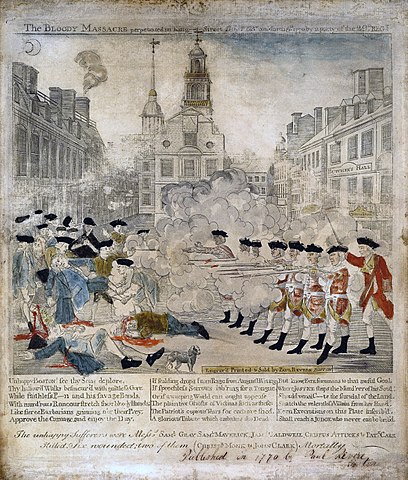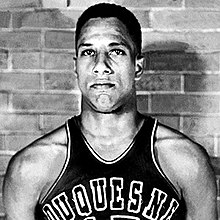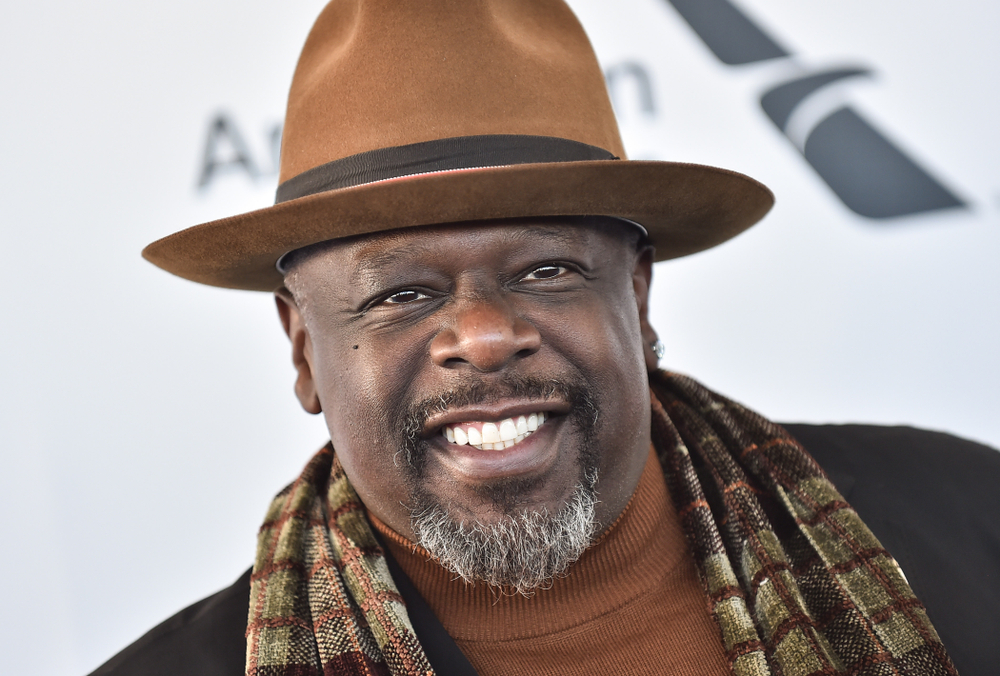This Day In History: March 5
The first fatality of the Boston Massacre was Crispus Attucks, a sailor of African and Indigenous descent. What occurred as the result of tensions amongst British soldiers and American colonists, turned into Attucks’ final day and served as a precursor for events to come in the American Revolution.
On March 5, 1770, Attucks became the first person shot and killed by the British during the massacre which took place in Boston, Massachusetts. Prior to the deadly event, the relationship between British soldiers and American colonists was strained due to taxation issues. The soldiers occupied the city of colonists with the aim of enforcing the Stamp Act and Townshend Acts.
The colonists began to rebel against the taxes often in the form of vandalizing stores that sold British goods. The days leading up to March 5 consisted of a fight between the soldiers and colonists but it did not end with any fatalities.
On the night of the massacre, colonists approached a soldier who was guarding a store alone and began to make threats. The soldier retaliated which led to a continuation of the attack from the colonists and British soldiers eventually arrived as reinforcement. As the violence escalated a shot was fired and more followed. Including Attucks, five colonists were killed and others were wounded.
The British soldiers were arrested and jailed for their involvement in the incident. The Boston Massacre deepened the divide within the population as some colonists grew even more upset with the British presence and others remained loyal to Britain. John Adams, who became a United States President was a colonist who supported the British and defended the soldiers while they were on trial. They were acquitted of the murders but two of the soldiers were convicted of manslaughter.

Details of Attucks’ early life are limited, but he was believed to be born in 1723 to an African father and Wampanoag Indian mother. He escaped from slavery at the age of 27 and was never captured despite a reward being offered for his return. Following his escape, Attucks traveled to Boston and found work as a sailor.
Crispus Attucks became a celebrated hero following his death and in 1858 abolitionists pushed to have March 5 recognized as Crispus Attucks Day. More than 200 years after his death, the United States minted a $1 coin in honor of Attucks in 1998.








